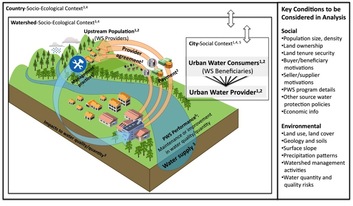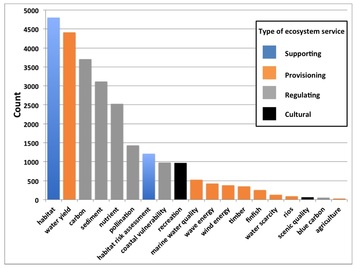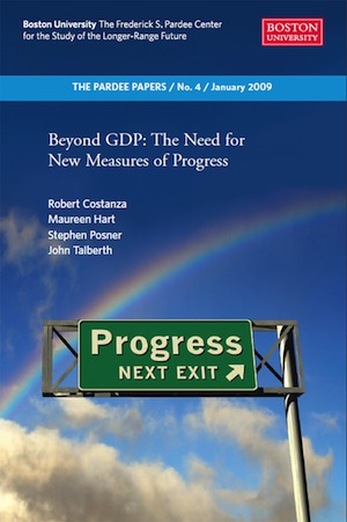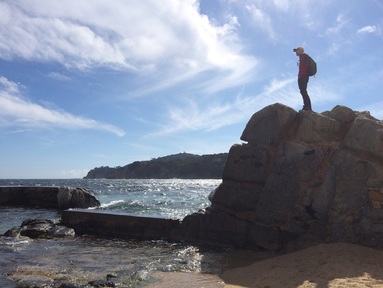 Costa Brava region of Spain.
Costa Brava region of Spain.
Here is a list of my publications
My research addresses real-world problems at the intersection of science, society, and nature.
I'm motivated by three central questions:
My research addresses real-world problems at the intersection of science, society, and nature.
I'm motivated by three central questions:
- What are the benefits that people receive from nature?
- How do decision makers use scientific evidence and how does the use of science change or improve decisions?
- What are the impacts of policies on the environment, natural resources, and people?
The Impact of environmental knowledge on decisions
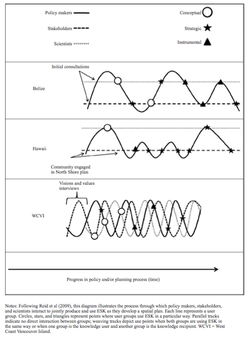
Research about the benefits people receive from nature (or "ecosystem services") often aims to generate knowledge that influences policies and institutions. Yet, we have limited understanding of how decision makers use ecosystem services knowledge or what factors facilitate use. I've studied how decision makers use environmental knowledge in different ways to inform opinions, build support, and make specific policy decisions. I've also tracked environmental initiatives to observe key conceptual shifts in decision makers, and quantitatively tested which factors can explain the impact of environmental knowledge on decisions.
Key Publications
Posner, S., McKenzie, E., Ricketts, T. 2016. Policy Impacts of Ecosystem Services Knowledge. Proceedings of the National Academy of Sciences (PNAS), 113(7): 1760-1765.
Posner, S., Getz, C., Ricketts, T. 2016. Evaluating the impact of ecosystem service assessments on decision-makers. Environmental Science & Policy, 64: 30-37.
McKenzie, E., Posner, S., et al. 2014. Understanding the use of ecosystem service knowledge: lessons from international experiences of spatial planning. Environment and Planning C: Government and Policy, 32(2): 320-340.
Key Publications
Posner, S., McKenzie, E., Ricketts, T. 2016. Policy Impacts of Ecosystem Services Knowledge. Proceedings of the National Academy of Sciences (PNAS), 113(7): 1760-1765.
Posner, S., Getz, C., Ricketts, T. 2016. Evaluating the impact of ecosystem service assessments on decision-makers. Environmental Science & Policy, 64: 30-37.
McKenzie, E., Posner, S., et al. 2014. Understanding the use of ecosystem service knowledge: lessons from international experiences of spatial planning. Environment and Planning C: Government and Policy, 32(2): 320-340.
Enabling conditions that facilitate environmental management
|
|
Innovative environmental programs and models are increasingly important for land use and development decisions. Understanding the conditions associated with program development is critical for 1) scoping which places are well-suited for specific programs, and 2) when feasible and appropriate, fostering the conditions for program success. I work with teams to describe and examine the biophysical, socio-economic, and institutional "enabling conditions" for environmental management programs.
Key Publications Romulo, C., Posner, S., et al. 2018. Global state and potential scope of investments in watershed services for large cities. Nature Communications 9: 4375. Huber-Stearns, H., Bennett, D., Posner, S., et al. 2017. Social-ecological enabling conditions for payments for ecosystem services. Environment and Society, 22(1): 18. Posner, S., Verutes, G., Ricketts, T. 2016. Global use of ecosystem service models. Ecosystem Services, 17: 131-141. |
Measuring sustainable human well-being
|
In order to design policies that foster long-term economic well-being, we need indicators and accounting systems that can inform us about present conditions and trends. I've estimated dozens of indicators and reviewed approaches to accounting for human capital, social capital, natural capital, and other forms of valuable assets that occur outside conventional markets but that contribute substantially to human and social well-being. My applied research has informed state government efforts to improve systems of accounts in Maryland, Vermont, Washington, and other states in the U.S.
Key Publications Posner, S. & Costanza, R.. 2011. A summary of ISEW and GPI studies at multiple scales and new estimates for Baltimore City, Baltimore County, and the State of Maryland. Ecological Economics, 70(11): 1972-1980. Costanza, C., Hart, M., Posner, S., Talberth, J. 2009. Beyond GDP: The Need for New Measures of Progress. Pardee Paper No. 4, Boston: Pardee Center for the Study of the Longer-Range Future. Daly, L. & Posner, S. 2012. Beyond GDP: New Measures for a New Economy. Demos: New York, NY. |
